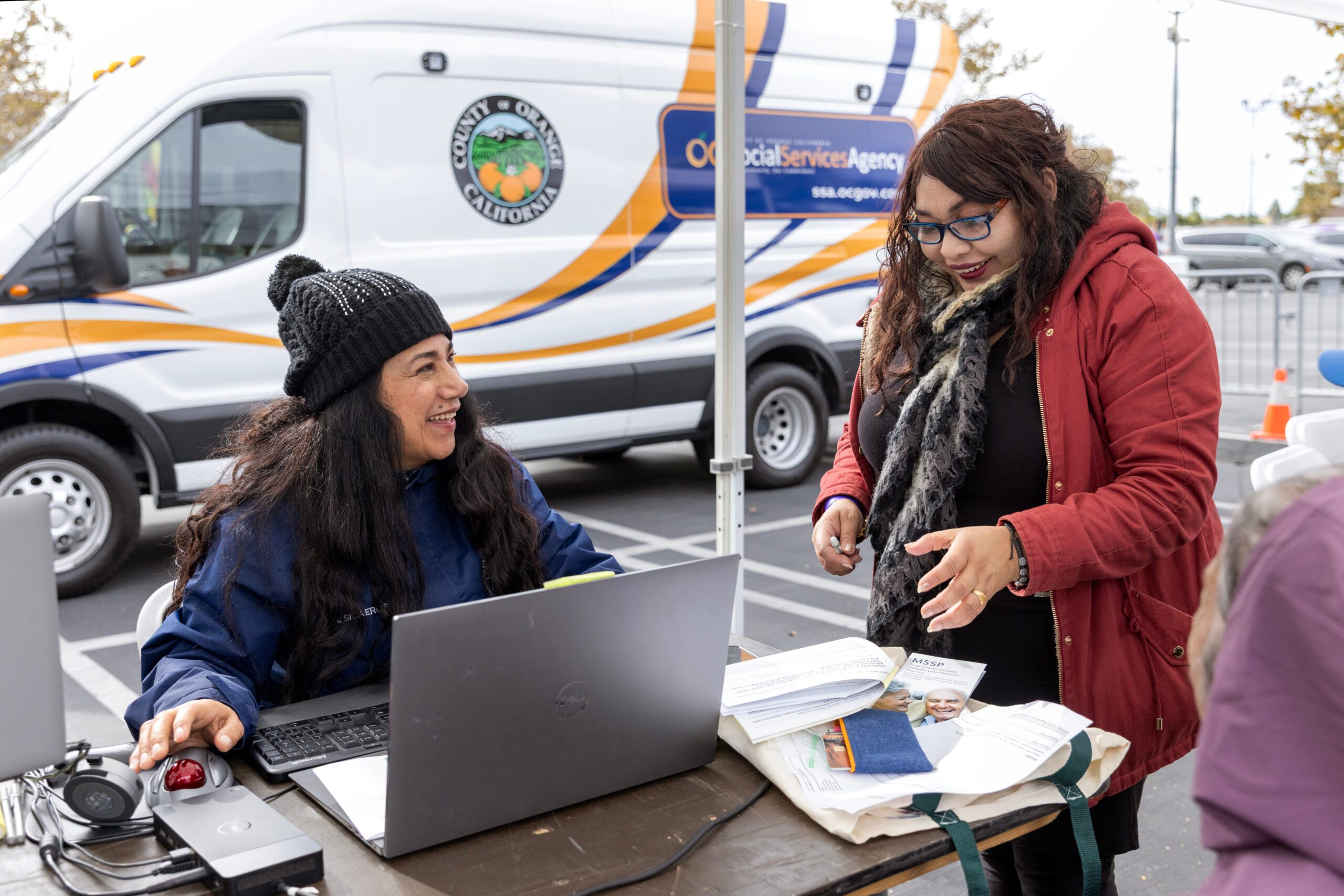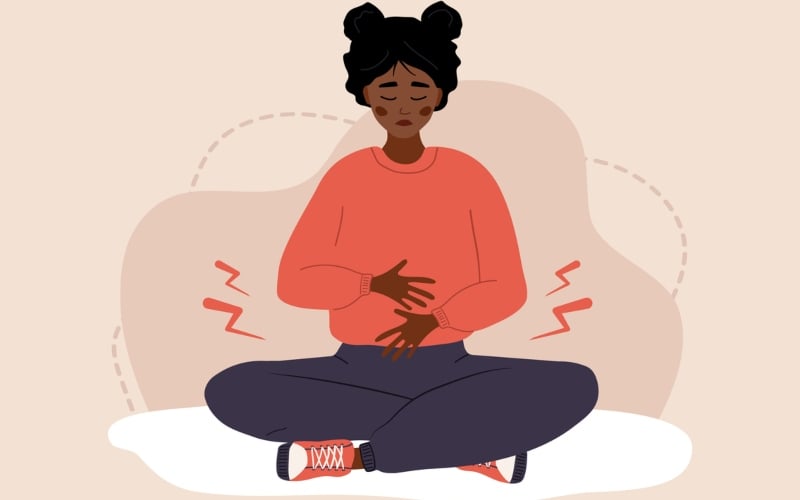BY ROBERT WALTON
The new evidence on antihistamines comes from the Cochrane Review Antihistamines for motion sickness (published in October 2022) and is relevant to adults.
Travel sickness (motion sickness) is a common problem, and many people experience nausea for example on boats, planes or in the car. Lots of treatments which aim to prevent travel sickness are available to buy in UK pharmacies, including medicines. Here is the evidence on these medicines and some things you may want to think about when making your choices.
Making a choice? Think BRAIN!
It can be helpful to think BRAIN: What are the Benefits, Risks, Alternatives, what do I want and what if I do Nothing? These can be good questions to talk about with a health professional when making a health decision.
Medicines to prevent travel sickness
The choice is between hyoscine (or scopolamine as it is sometimes called) and antihistamines such as cinnarizine.
Most of the Cochrane evidence is focused on hyoscine which is probably better than placebo (dummy treatment) at preventing travel sickness. It comes from the Cochrane Review Scopolamine (hyoscine) for preventing and treating motion sickness (published June 2011).
The new Cochrane evidence about antihistamines, from the Cochrane Review Antihistamines for motion sickness (published October 2022) finds that they are likely to reduce the risk of travel sickness in adults who tend to get it, compared with taking a placebo.
It’s worth bearing in mind that there is evidence to support using older or ‘first generation’ antihistamines but none for the newer medicines such as loratadine and cetirizine which are more commonly used now for hay fever now. These newer antihistamines are not used to prevent or treat motion sickness and are unlikely to be effective.
There are few studies comparing the two types of medicines. There is little information about whether either are useful for treating motion sickness after it has started so prevention may be better than cure.
What are the risks?
Hyoscine and antihistamines both work in the same way for preventing travel sickness and they also share the same side effects which include drowsiness in some people.
What are the other options?
Many other options are available but there is no Cochrane evidence about their potential benefits and harms.
What do I want?
What matters (most) to you, and past experiences of a problem – and of treatments, is important when making treatment choices. If you usually get travel sickness and want to prevent it then there are medicines that can help and are backed up by Cochrane evidence. But it may be important to you to avoid the risk of side effects (such as drowsiness, if you have to drive for example). You could discuss your options and experience of treatments with a pharmacist.
What if I do nothing?
Travel sickness is usually not usually a big problem although some people can be quite severely affected. If you have had it once in a particular situation then you are likely to get it again.
—
This post was previously published on evidentlycochrane.net and under a Creative Commons license CC BY-ND 4.
***

If you believe in the work we are doing here at The Good Men Project and want a deeper connection with our community, please join us as a Premium Member today.
Premium Members get to view The Good Men Project with NO ADS. Need more info? A complete list of benefits is here.
—
Photo credit: iStockPhoto.com
The post Treatments To Prevent Travel Sickness: A Quick Look appeared first on The Good Men Project.
Original Article










